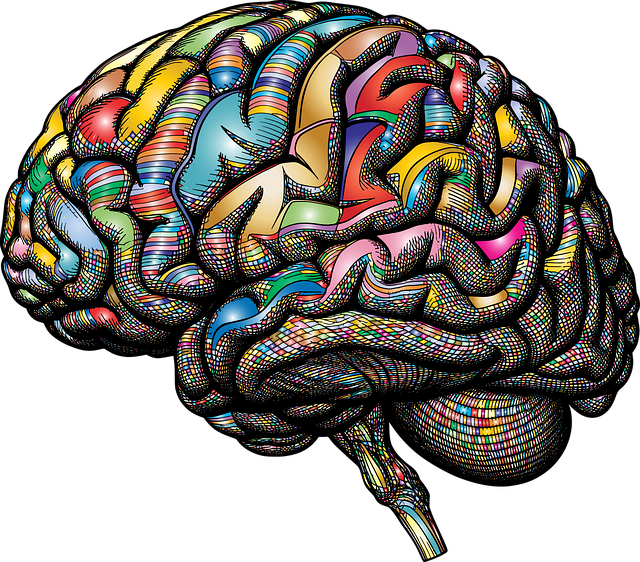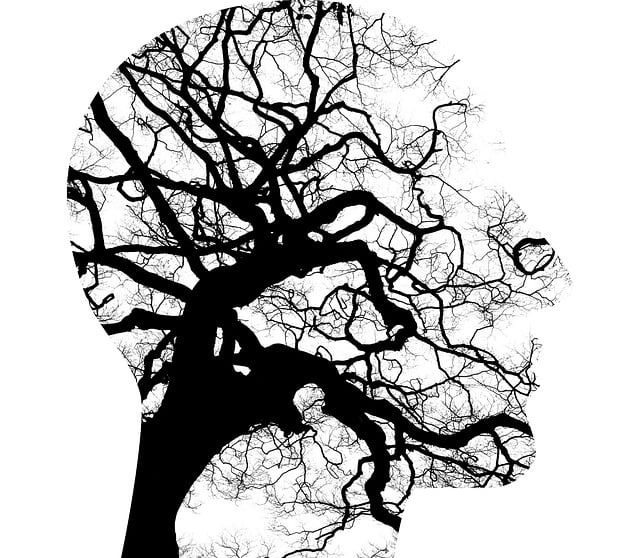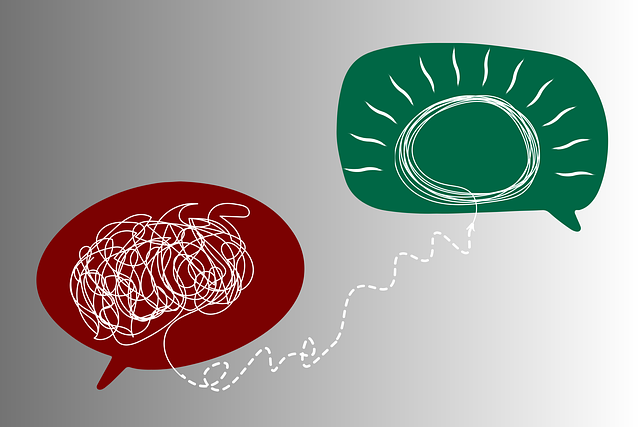Depression, a prevalent global concern, demands early identification through education and recognition of unique signs. Centennial Chronic Illness Therapy (CCIT) emphasizes its chronic nature, focusing on long-term management and coping strategies. Public awareness campaigns highlight subtle symptoms, enabling early intervention. CCIT promotes holistic wellness, integrating physical and emotional health with lifestyle adjustments and mindfulness. Building support networks, including social connections, is vital for mental health improvement, as encouraged by trauma support services. Stress management and trigger identification, through methods like compassion cultivation and balanced lifestyles, are key CCIT strategies for preventing and managing depression.
Depression is a prevalent and serious mental health issue, yet it’s often overlooked. This comprehensive guide delves into effective prevention strategies, emphasizing the importance of early intervention. We explore key aspects such as recognizing depressive symptoms, understanding the role of therapy, including innovative approaches like Centennial Chronic Illness Therapy, and adopting holistic lifestyle adjustments. Additionally, we highlight the power of social support networks and healthy coping mechanisms for managing stress and triggers.
- Understanding Depression: Recognizing the Signs and Symptoms
- The Role of Therapy: Exploring Centennial Chronic Illness Therapy Approaches
- Lifestyle Adjustments for Prevention: A Holistic Approach
- Building a Support Network: Connecting for Emotional Well-being
- Effective Coping Mechanisms: Managing Stress and Trigger Points
Understanding Depression: Recognizing the Signs and Symptoms

Depression is a complex and often misunderstood condition that affects millions worldwide. Recognizing its signs and symptoms is a crucial step in prevention, especially given that it’s a prevalent chronic illness among many individuals, sometimes even persisting over decades, as seen with Centennial Chronic Illness Therapy. The key lies in understanding the nuances of mental health, as depression can manifest differently in each person.
Early identification is vital to effective management and treatment. Emotional well-being promotion techniques and mental health education programs design can play a significant role in recognizing potential risk factors and triggers. Through these initiatives, individuals can learn to identify changes in mood, energy levels, sleep patterns, appetite, and concentration—all of which could indicate the onset or recurrence of depression. Additionally, risk management planning for mental health professionals is essential to ensure they can accurately assess and guide clients towards appropriate support systems.
The Role of Therapy: Exploring Centennial Chronic Illness Therapy Approaches

Depression prevention strategies often include a range of therapeutic approaches tailored to individual needs. Among these, Centennial Chronic Illness Therapy stands out as a comprehensive method for managing mental health conditions. This form of therapy recognizes that depression is not merely an acute episode but a chronic illness that requires ongoing care and adjustment. By focusing on the long-term management of symptoms, Centennial Chronic Illness Therapy aims to help individuals develop coping strategies, enhance resilience, and maintain overall well-being.
Public awareness campaigns development and crisis intervention guidance are integral parts of this therapeutic framework. These initiatives raise understanding about depression’s subtle signs and promote early intervention—crucial elements in burnout prevention. Through education and support, individuals can access the resources they need to navigate their mental health journeys effectively, ensuring better outcomes and improved quality of life.
Lifestyle Adjustments for Prevention: A Holistic Approach

Depression prevention strategies often overlook the power of lifestyle adjustments, viewing them as a holistic approach to mental wellness. Centennial Chronic Illness Therapy emphasizes this interconnectedness, understanding that physical and emotional well-being are inextricably linked. Simple changes, like regular exercise, adequate sleep, and a balanced diet, can significantly impact mood regulation. These foundational practices create a stable base for building resilience—a key component in managing and preventing depression.
Furthermore, cultivating mindfulness, developing healthy coping mechanisms, and fostering strong social connections contribute to effective risk management planning for mental health professionals. By integrating these lifestyle adjustments into daily routines, individuals not only enhance their overall mental wellness but also equip themselves with powerful tools to navigate life’s challenges.
Building a Support Network: Connecting for Emotional Well-being

Building a strong support network is an integral part of maintaining and improving mental health, as recognized by Centennial Chronic Illness Therapy. Connecting with like-minded individuals can offer a sense of belonging and provide a safe space to express emotions freely. This aspect becomes even more crucial when dealing with depression, as it allows individuals to lean on others during challenging times. Support groups, family, and friends can all contribute to reducing feelings of isolation and promoting emotional well-being.
Mental Health Education Programs Design often emphasize the importance of social connections in combating mental health issues. Additionally, Trauma Support Services play a pivotal role in fostering these networks, especially for individuals who may struggle with sharing their experiences due to stigma reduction efforts. By joining support groups or engaging in open conversations, one can find comfort and understanding, which are vital steps towards preventing and managing depression effectively.
Effective Coping Mechanisms: Managing Stress and Trigger Points

Managing stress and identifying trigger points are key components in preventing depression. Effective coping mechanisms involve adopting a holistic approach to mental health. This includes incorporating self-care routines into daily life, such as regular exercise, mindfulness practices, and maintaining a balanced diet. Centennial Chronic Illness Therapy emphasizes the importance of these habits for long-term well-being.
Stress management workshops and compassion cultivation practices have proven beneficial in preventing depressive episodes. By learning to recognize and navigate stress triggers, individuals can develop resilience. These strategies empower people to take control of their mental health, fostering a sense of self-compassion and emotional regulation, which are crucial for maintaining a positive mindset.
Depression prevention is a multifaceted approach that combines understanding, therapy, lifestyle adjustments, support networks, and effective coping mechanisms. By recognizing signs early, exploring holistic treatments like Centennial Chronic Illness Therapy, making positive lifestyle changes, building strong connections, and adopting healthy coping strategies, individuals can proactively manage their mental health. Remember that prevention is key to fostering resilience against depression, allowing for a more balanced and fulfilling life.











